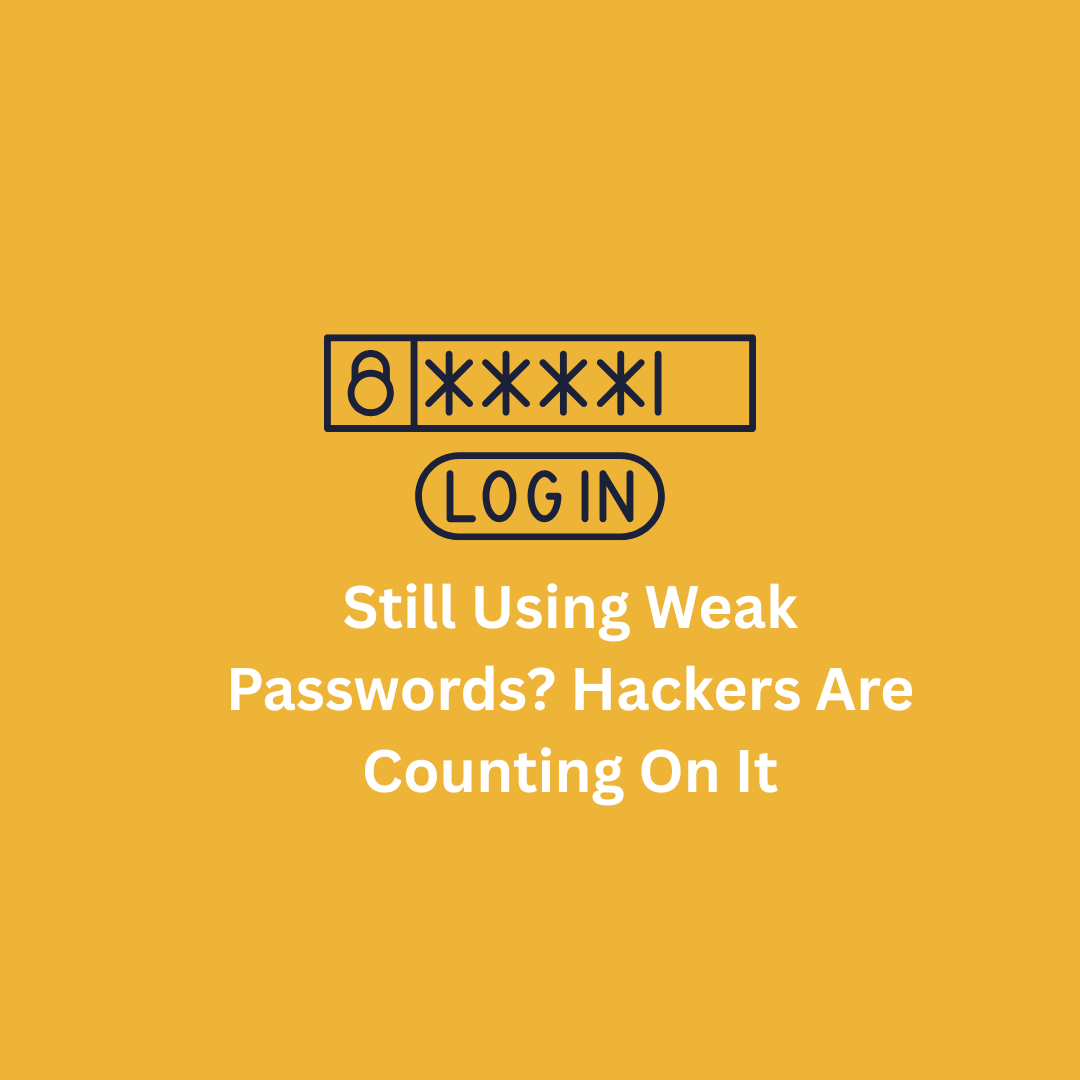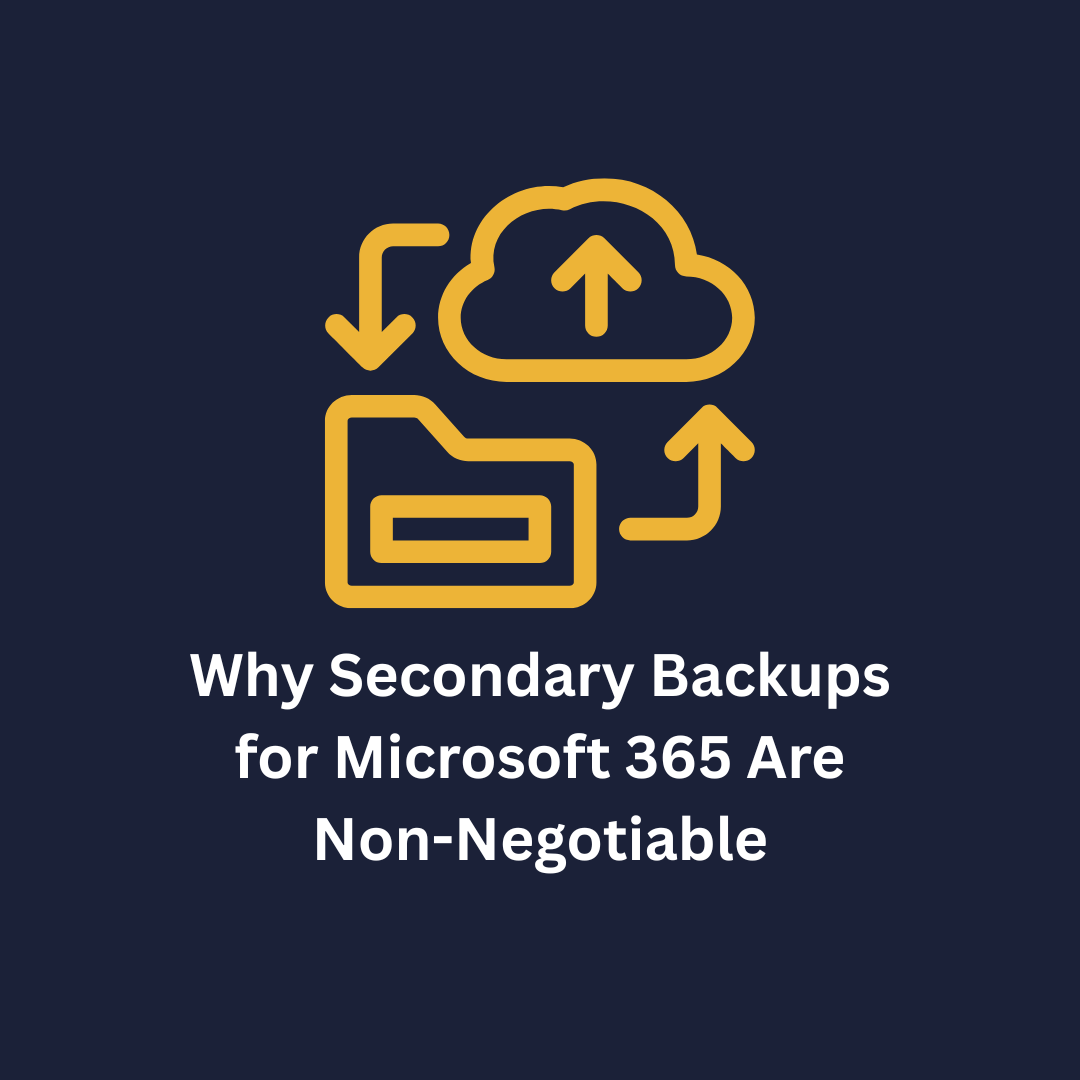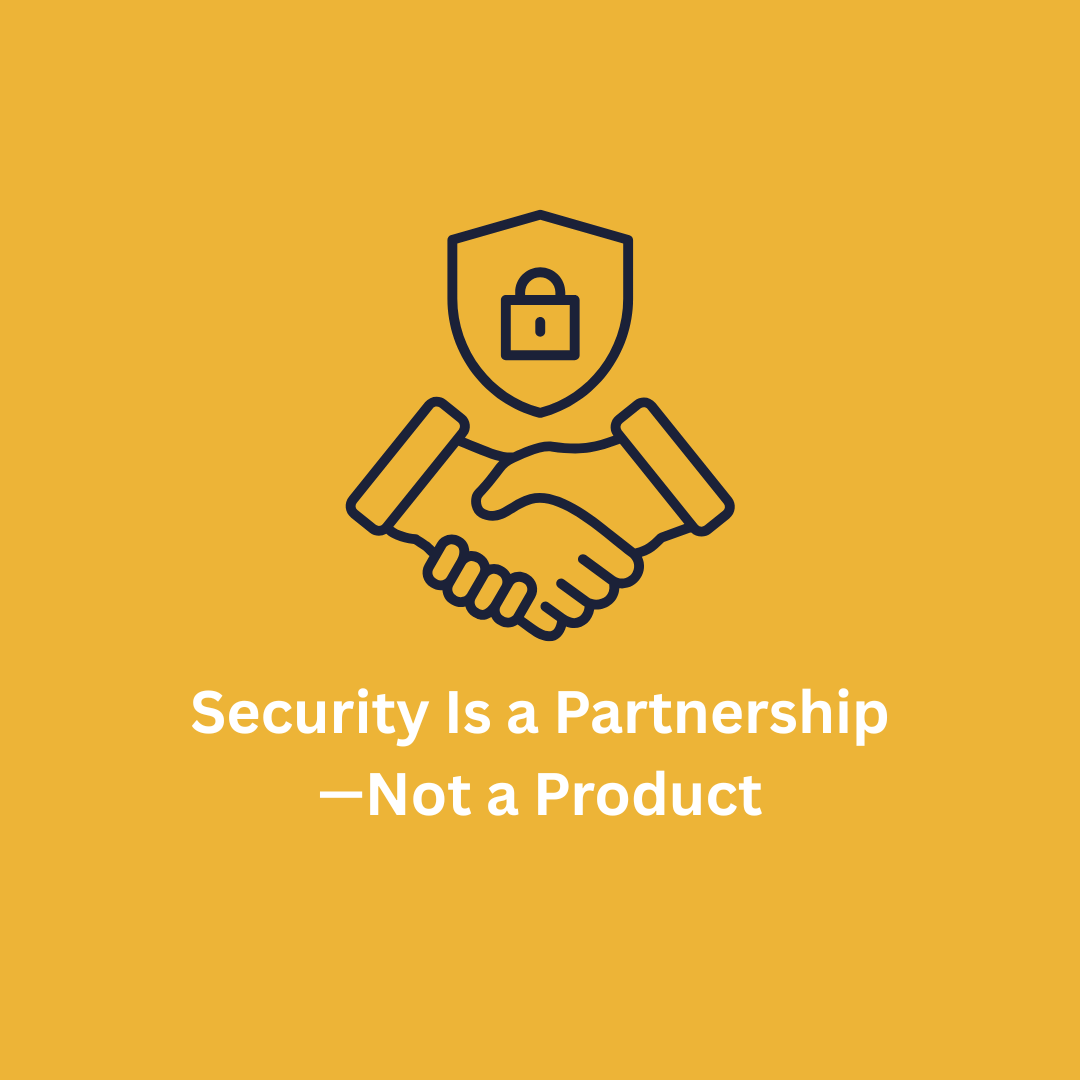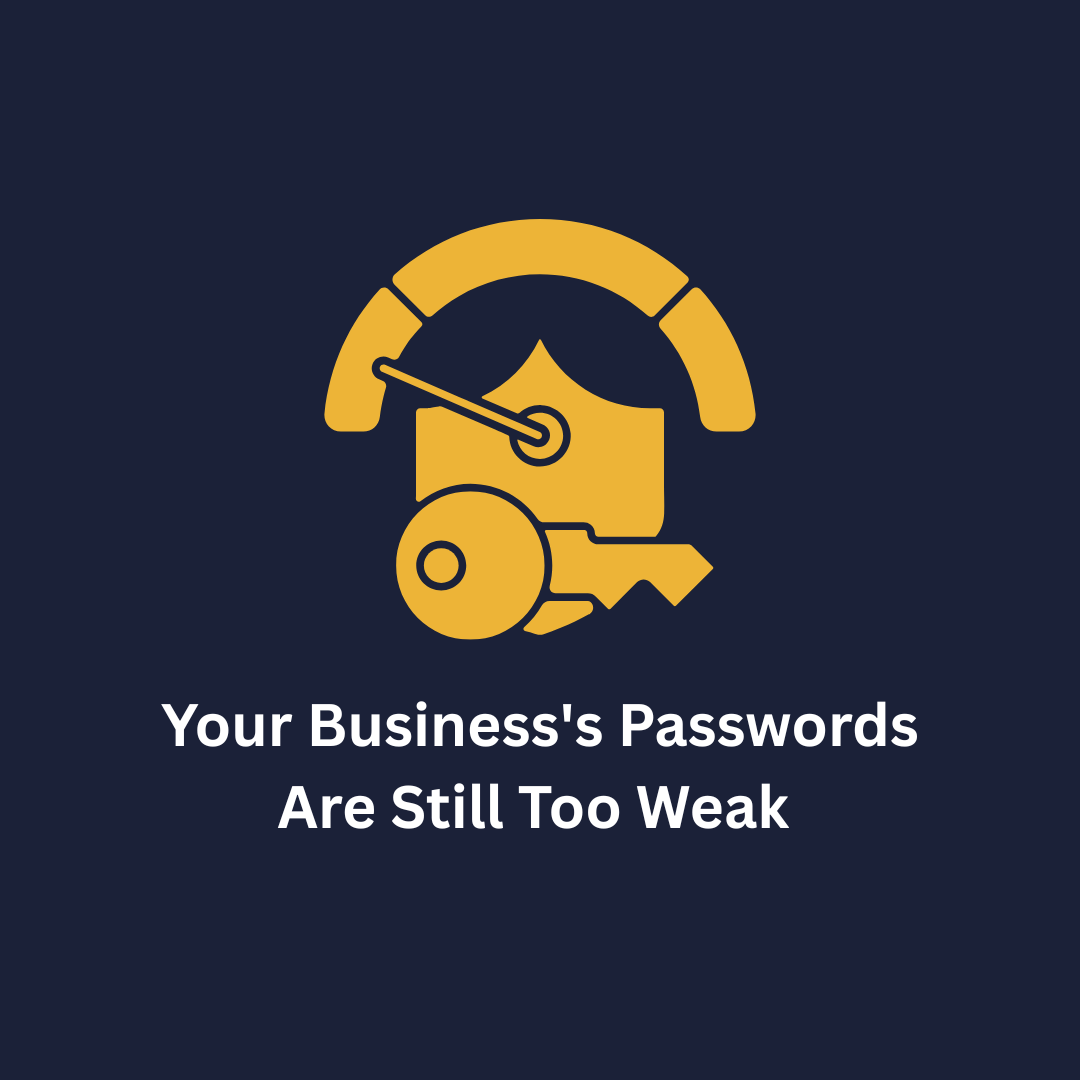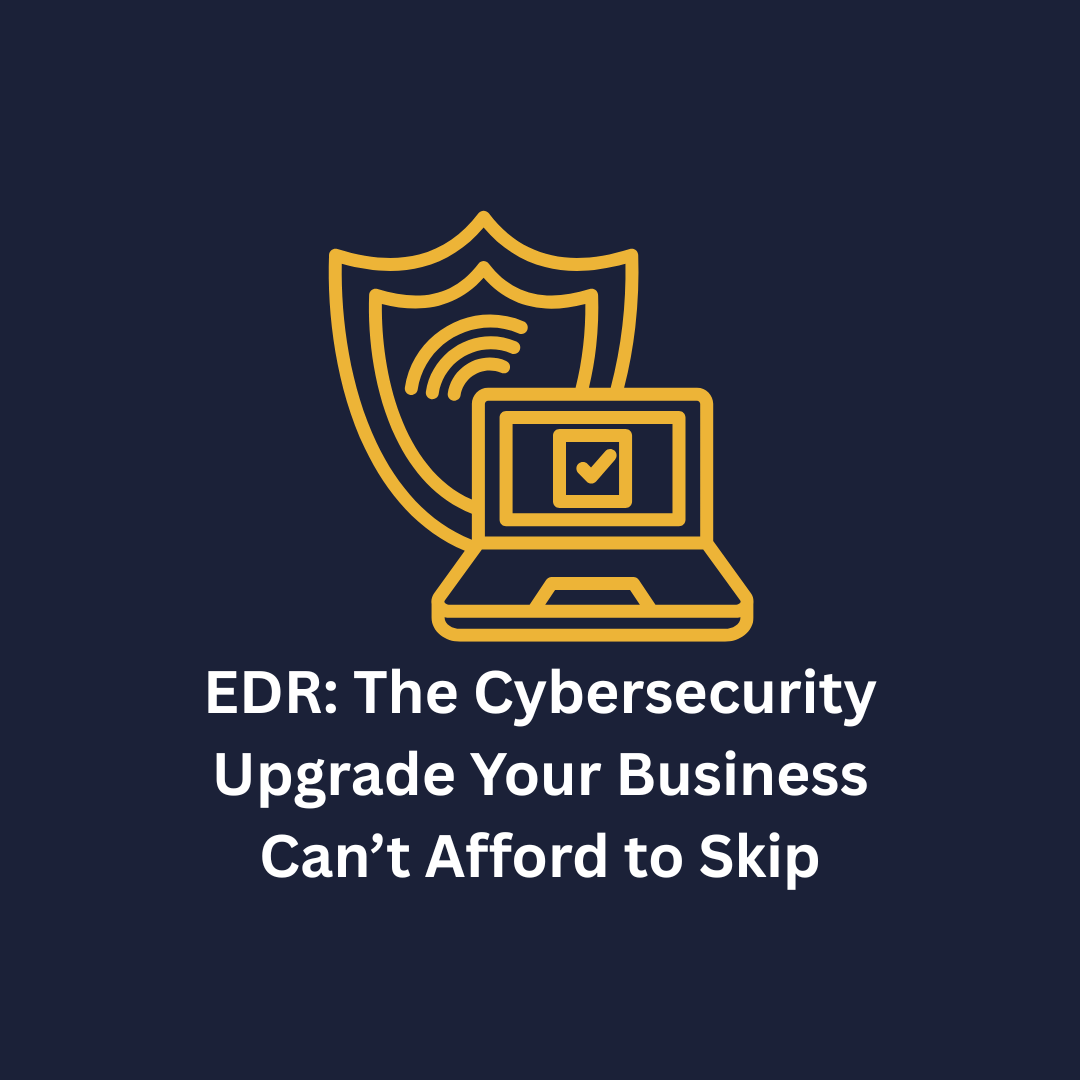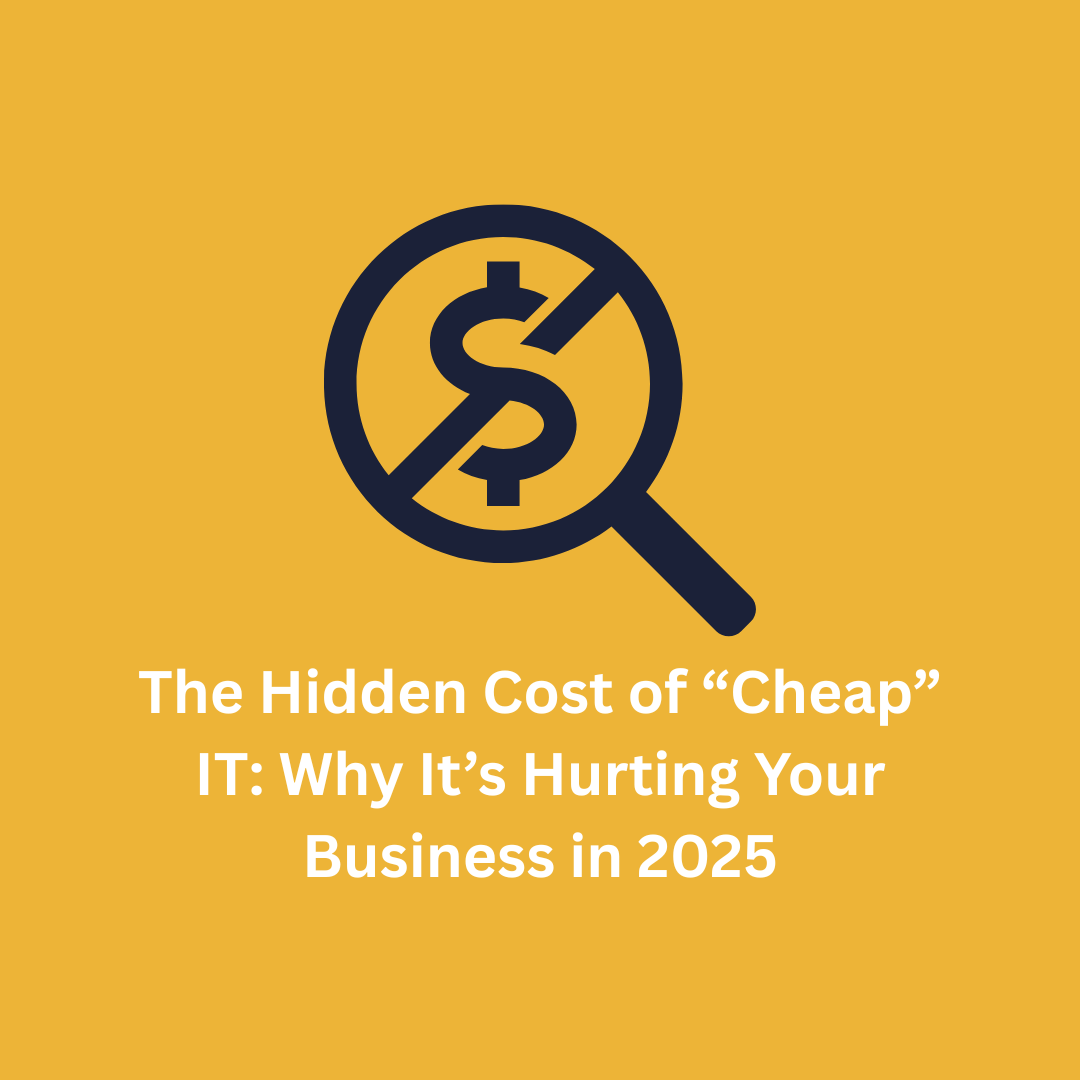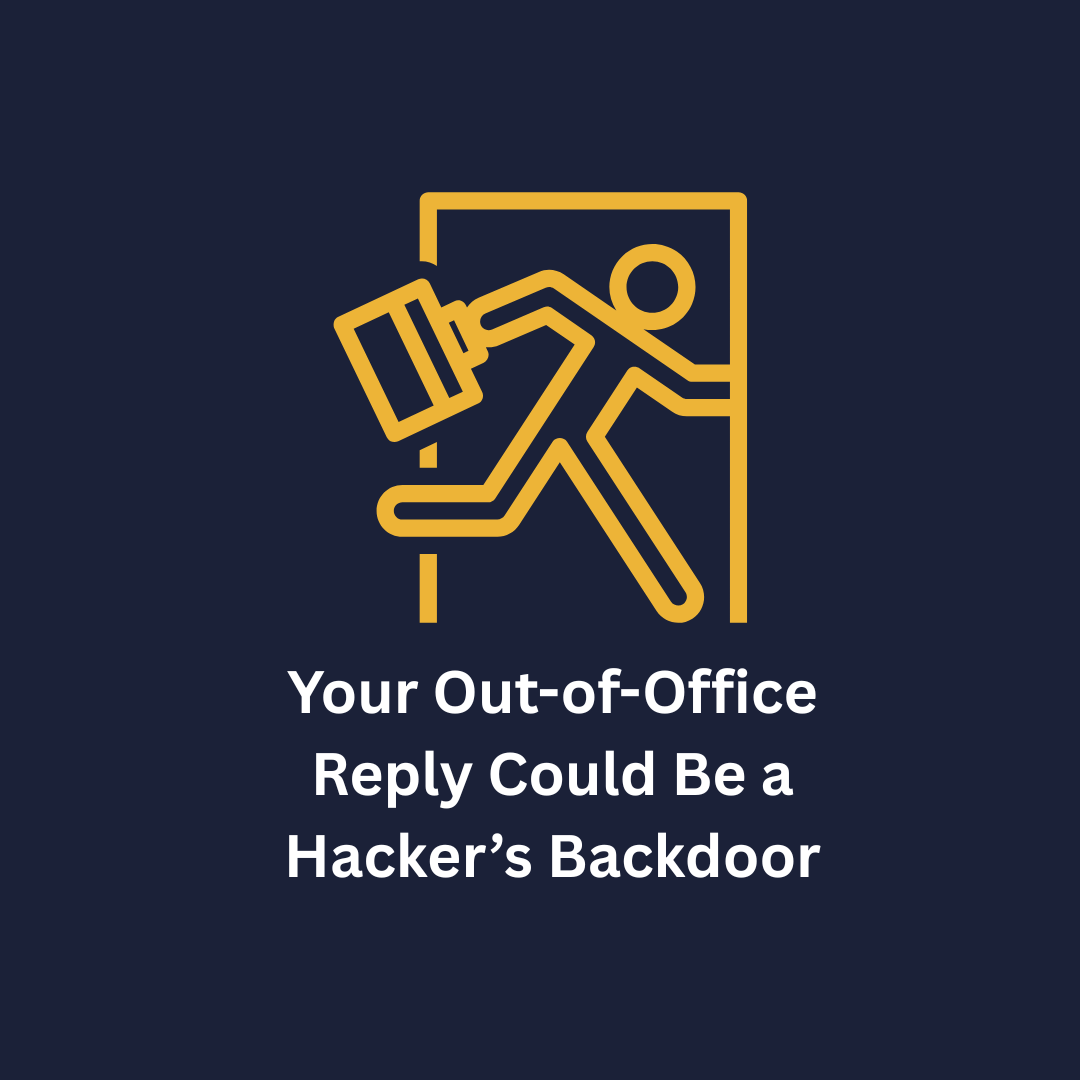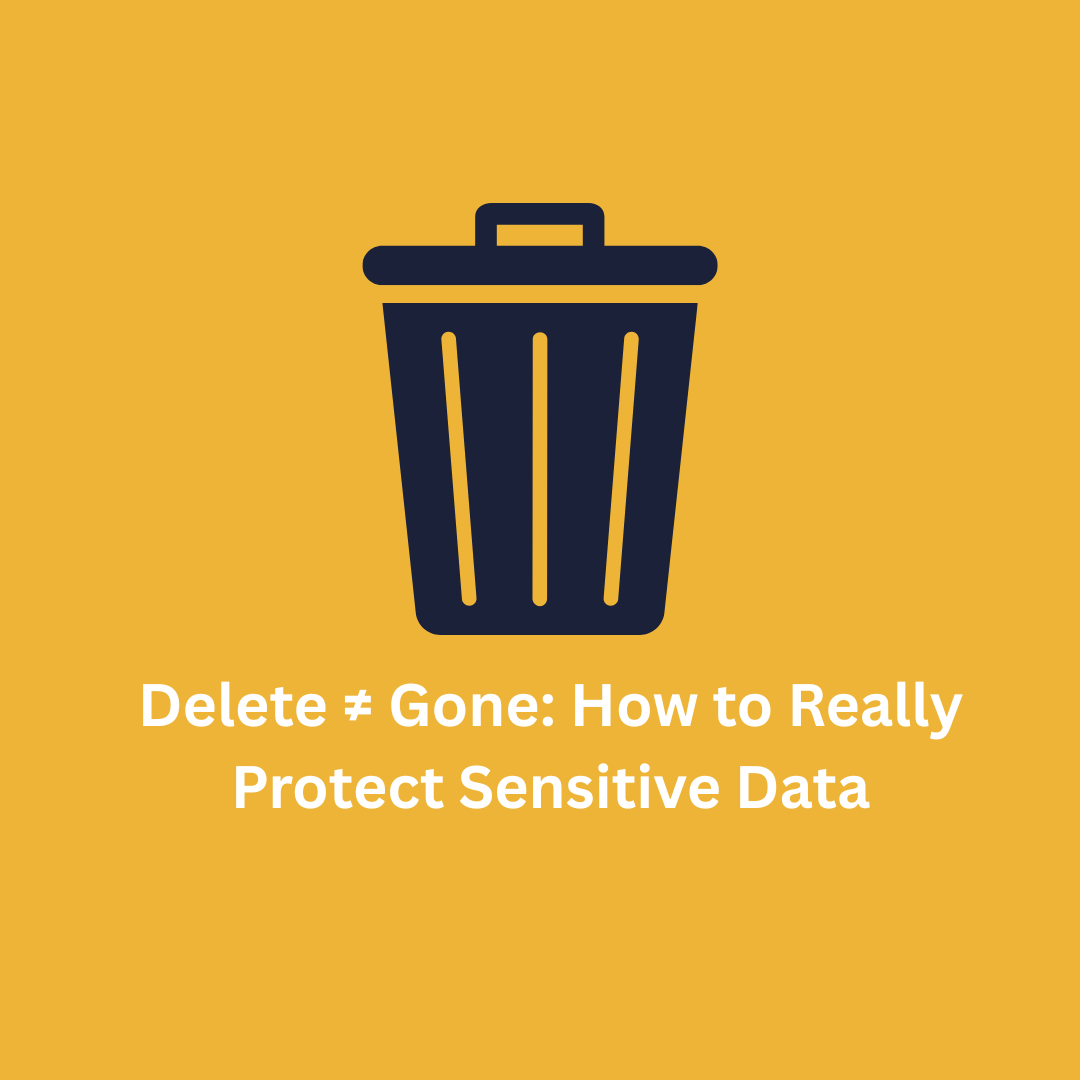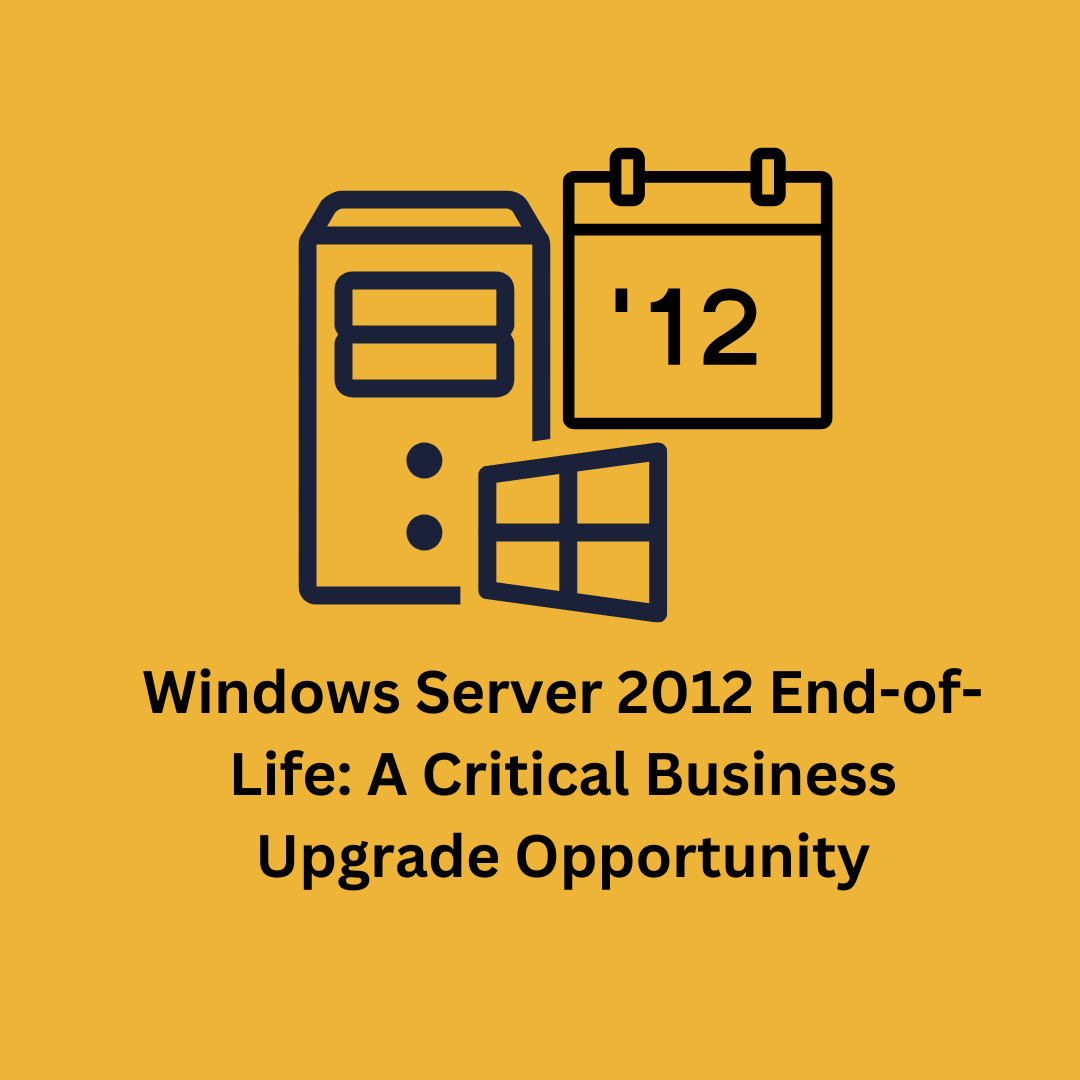Why Multi-Factor Authentication (MFA) Is Essential for Your Business
In today’s digital world, a username and password alone are no longer enough to protect your business data. Cybercriminals are constantly looking for ways to exploit weak credentials, and businesses of all sizes are at risk. That’s why multi-factor authentication (MFA) has become a critical layer of cybersecurity for every organization.
According to the Verizon Data Breach Investigation Report, 81% of confirmed breaches involve weak, default, or stolen passwords. Shockingly, 62% of small and mid-sized businesses and 38% of large organizations still don’t use MFA, leaving sensitive data vulnerable.
Implementing MFA not only protects your business—it also helps your employees work securely and confidently.
________________________________________
What Is Multi-Factor Authentication?
MFA adds an extra step to the login process to verify a user’s identity. Instead of relying solely on a password, MFA requires additional verification methods, such as:
• A push notification to your mobile device
• A one-time passcode from an authenticator app or security token
• Biometric verification like fingerprints or facial recognition
For example, if someone tries to access your email, they won’t just need your password—they’ll also need to approve the login on a secondary device. If you didn’t initiate the request, it immediately alerts you to a potential threat.
________________________________________
How MFA Protects Your Business
MFA is effective because it reduces the risk of stolen credentials being misused. Even if a password is compromised, the second layer of verification prevents unauthorized access.
• Immediate Alerts: If a login attempt is flagged as suspicious, you can act quickly—changing passwords and contacting your IT team before any damage occurs.
• Mitigating Human Error: Human mistakes account for 74% of breaches, often leading to compromised credentials. MFA acts as a safeguard against those errors.
• Cyber Insurance Compliance: Many cyber insurance policies now require MFA. Without it, you could be denied coverage.
________________________________________
Choosing the Right MFA Method
Not all MFA methods are created equal. Here’s a breakdown of the most secure options:
1. Passkeys (FIDO2 tokens): Passwordless logins using a username, PIN, or biometric authentication. Resistant to phishing and usable across devices.
2. Number Matching: Requires entering numbers displayed on your login screen into your phone to approve access. Phishing-resistant.
3. One-Time Passcodes (OTP): Time-limited 6-digit codes generated by an app or hardware token.
4. Push Notifications: Approve logins via a mobile device—but beware of “push fatigue” attacks.
5. SMS, Email, or Voice OTPs: Least secure—use only as a last resort.
The best MFA solution depends on your business needs, existing systems, and security requirements.
________________________________________
Our Security Tip
Always combine MFA with unique, complex passwords for each account. Consider making MFA mandatory for all employees to ensure your organization follows strong security practices. Regular consultation with your IT provider can help you choose the right platform and method to protect your data effectively.
________________________________________
Protect Your Business Today
MFA is one of the simplest yet most powerful ways to protect your business from cyber threats. At Honorbound IT, we help businesses in Nebraska, Kansas, and Colorado implement the right multi-factor authentication solutions while maintaining a complete, proactive cybersecurity strategy.
📞 Call 877-686-6642 today to schedule a FREE consultation. Let us help you safeguard your business, reduce risk, and give your team the peace of mind they deserve.

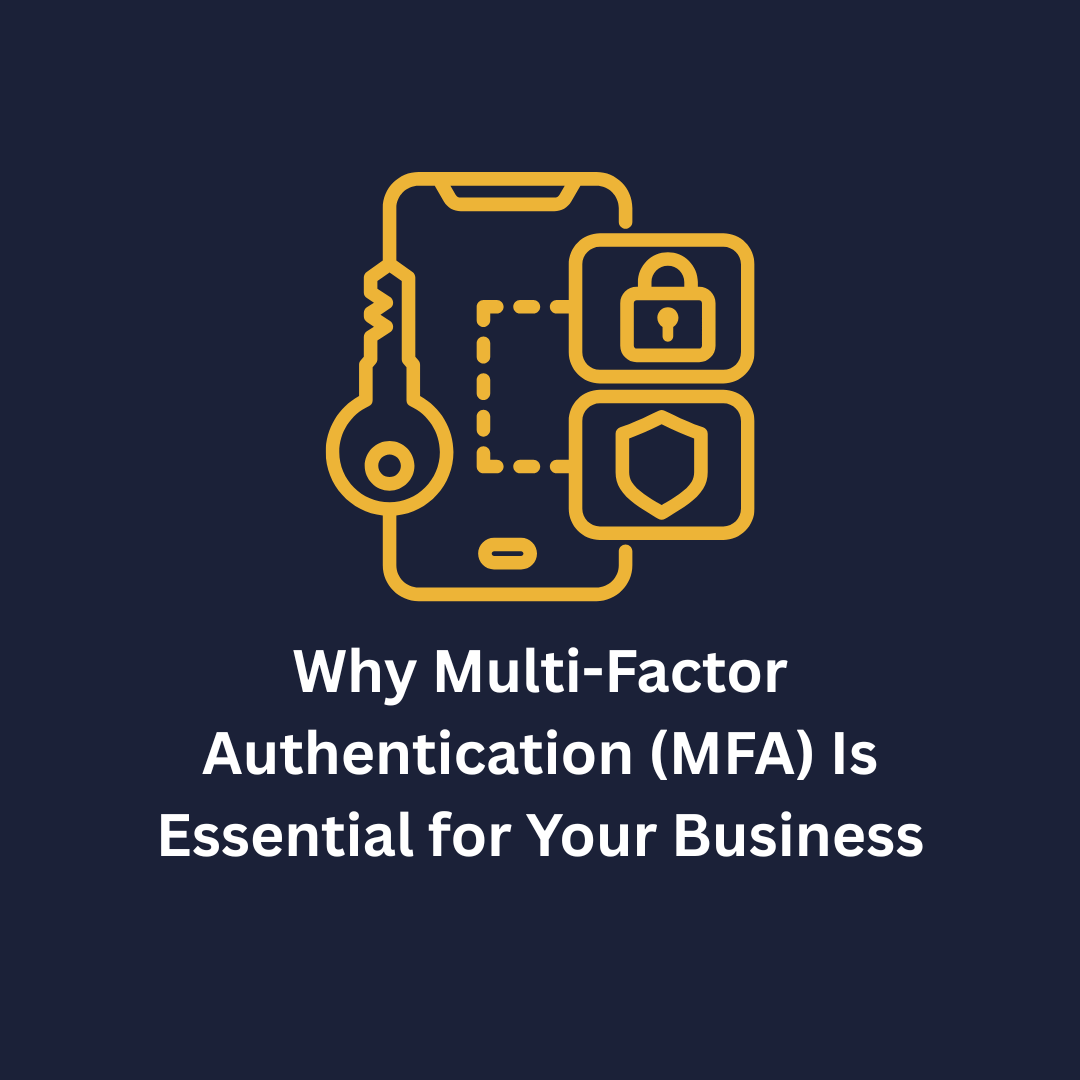
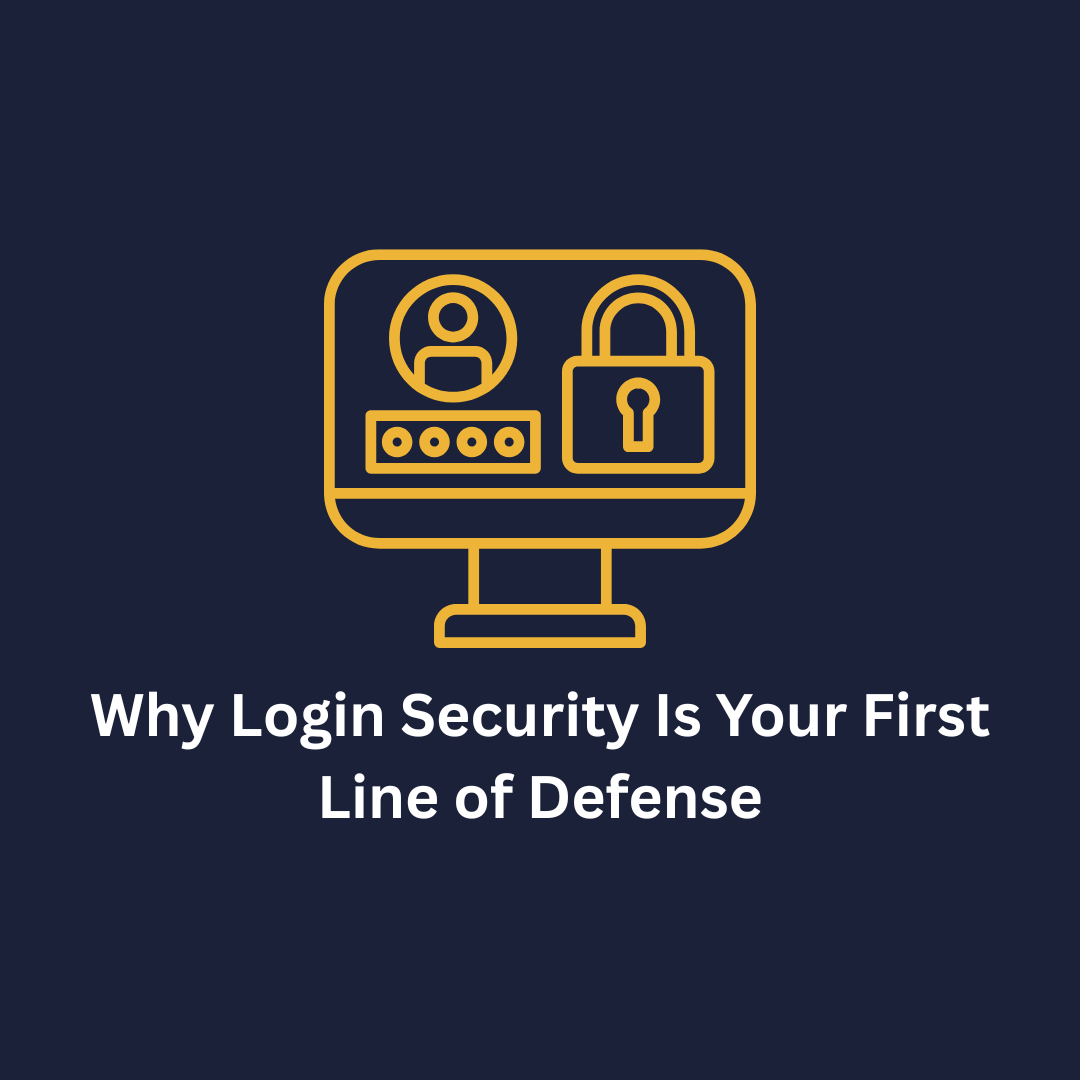
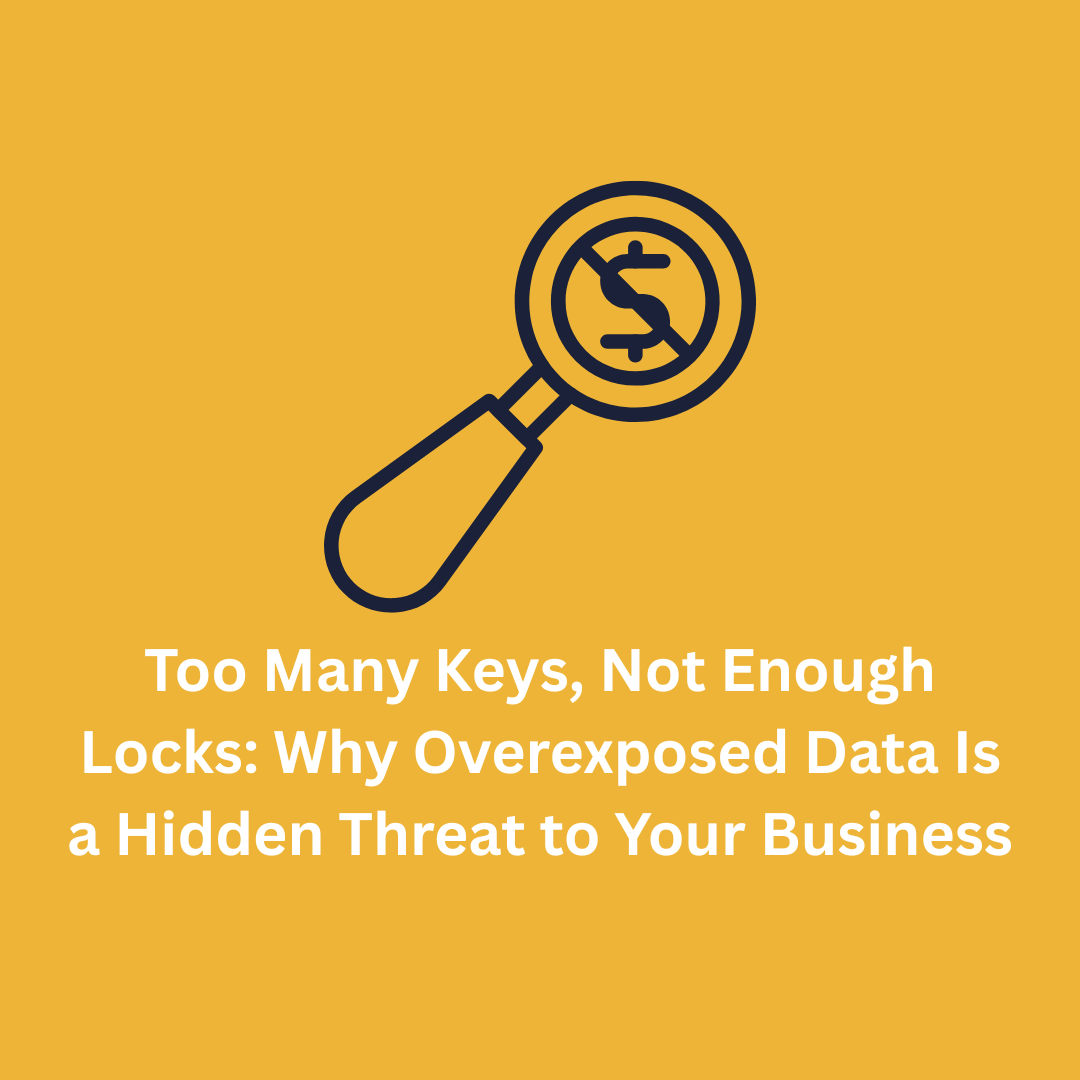
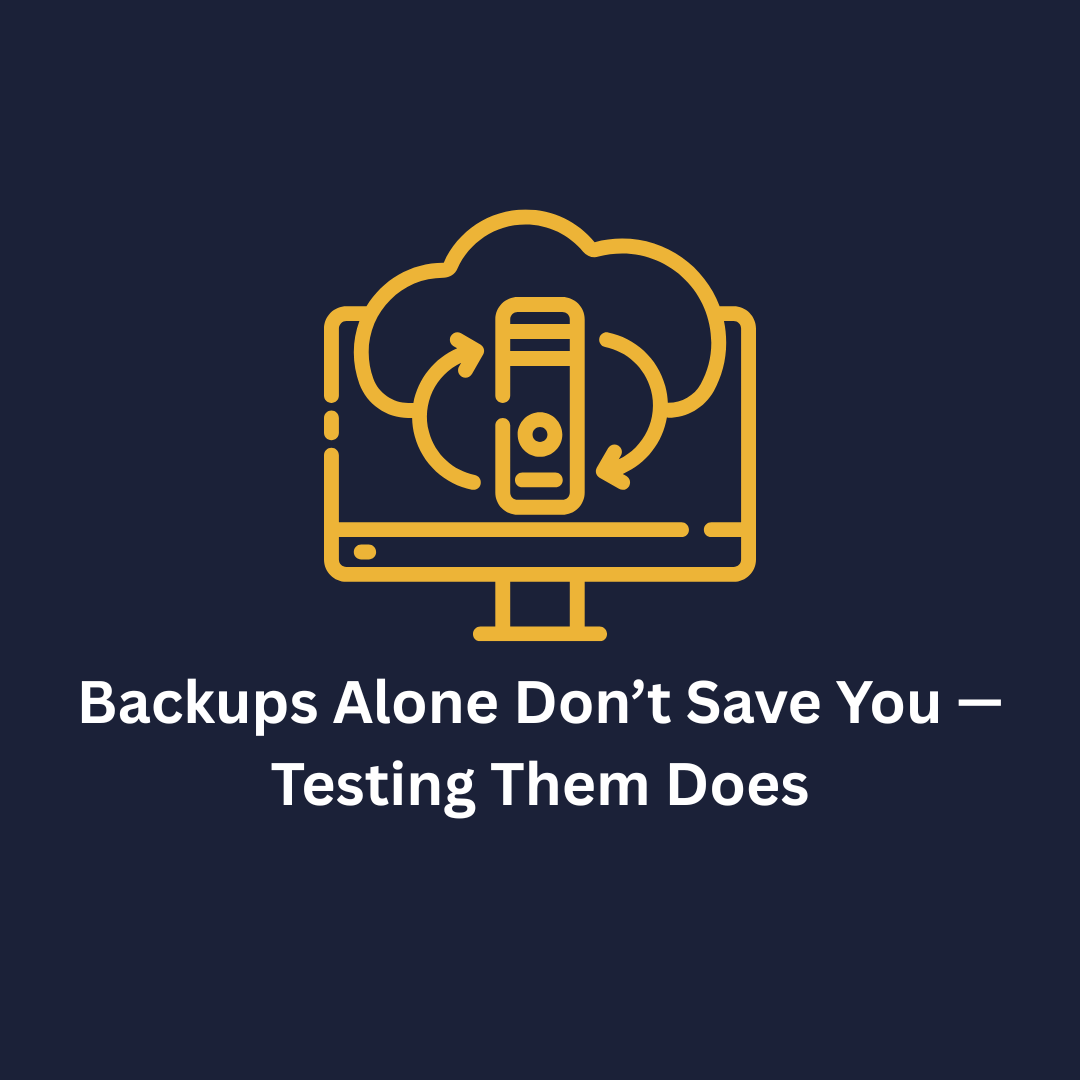
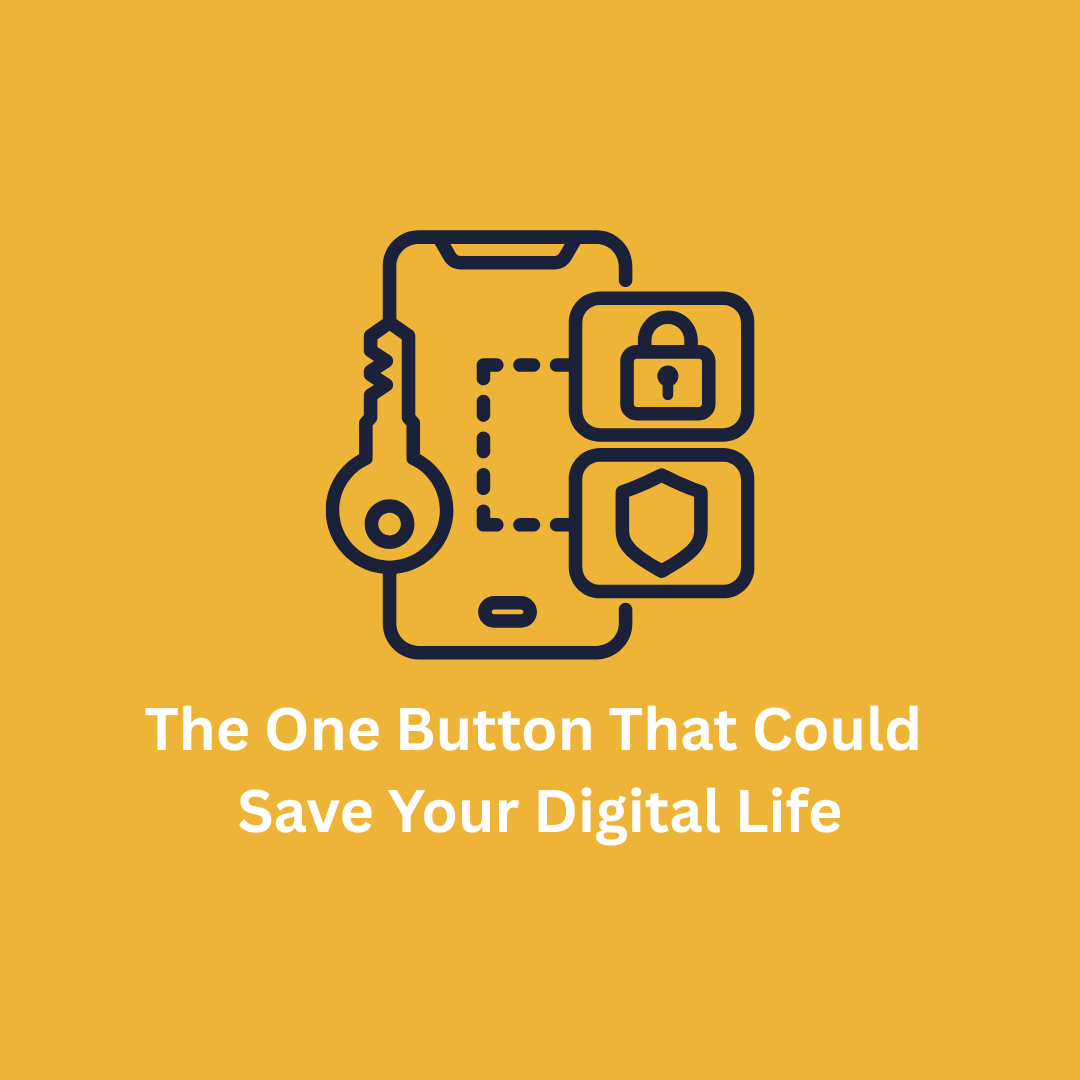
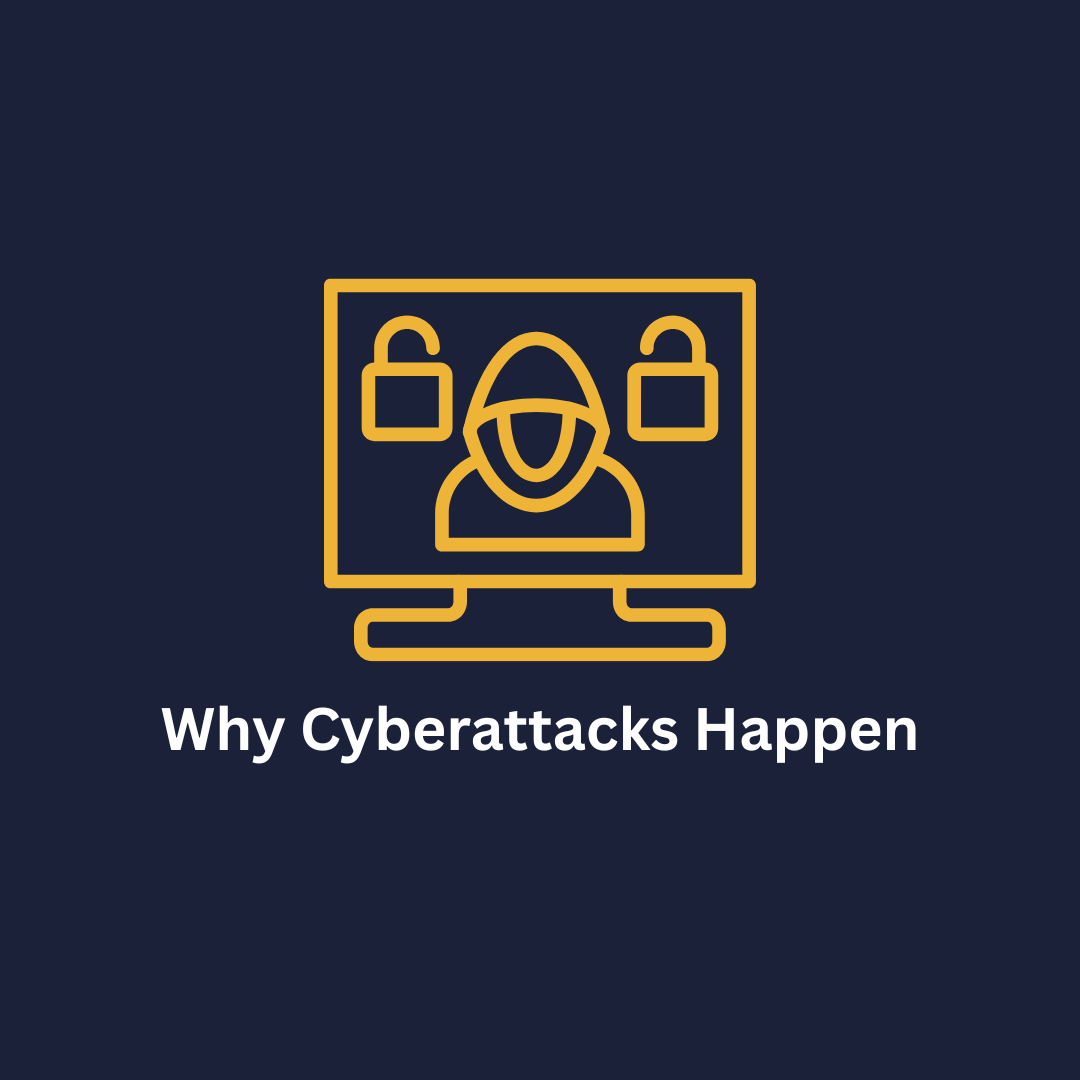

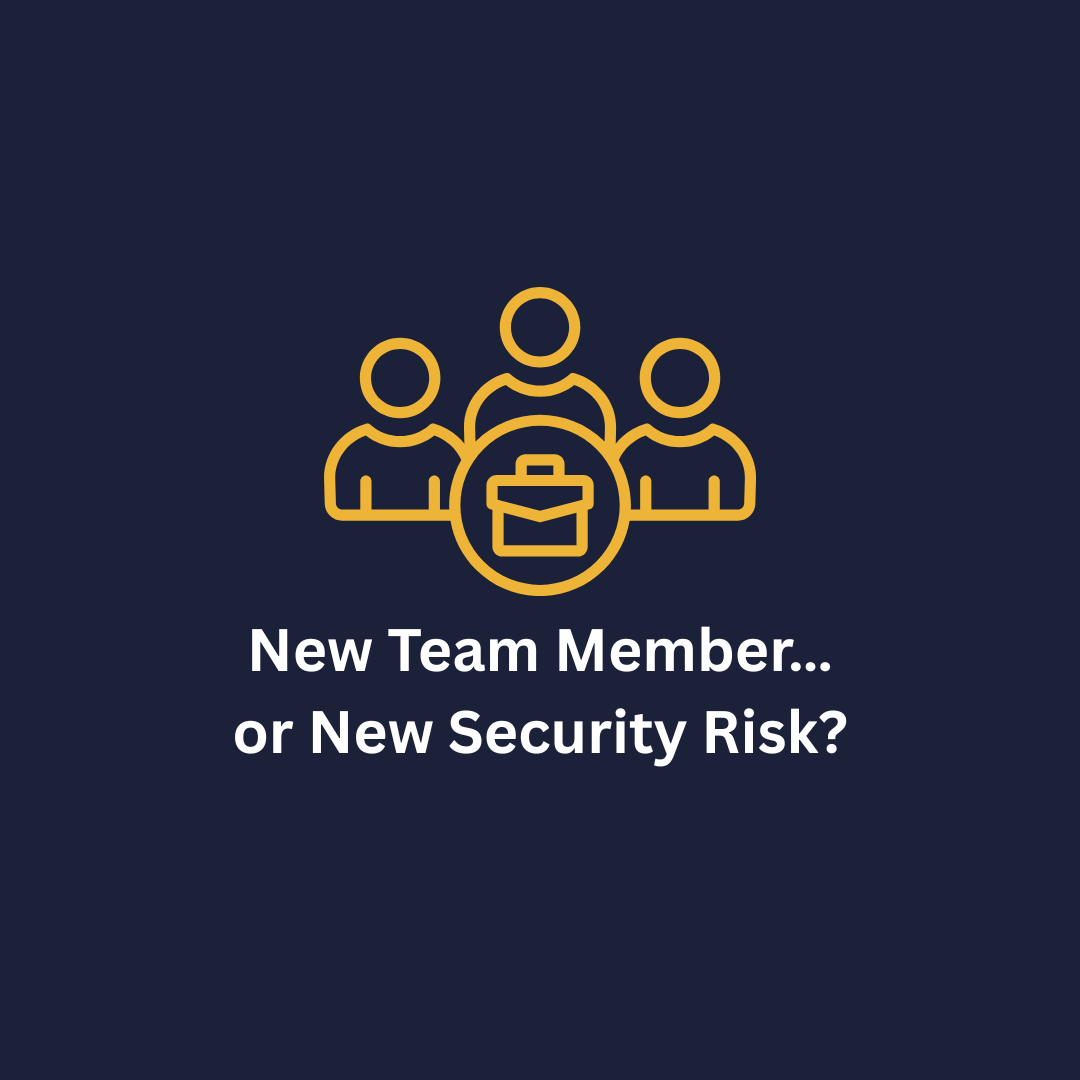
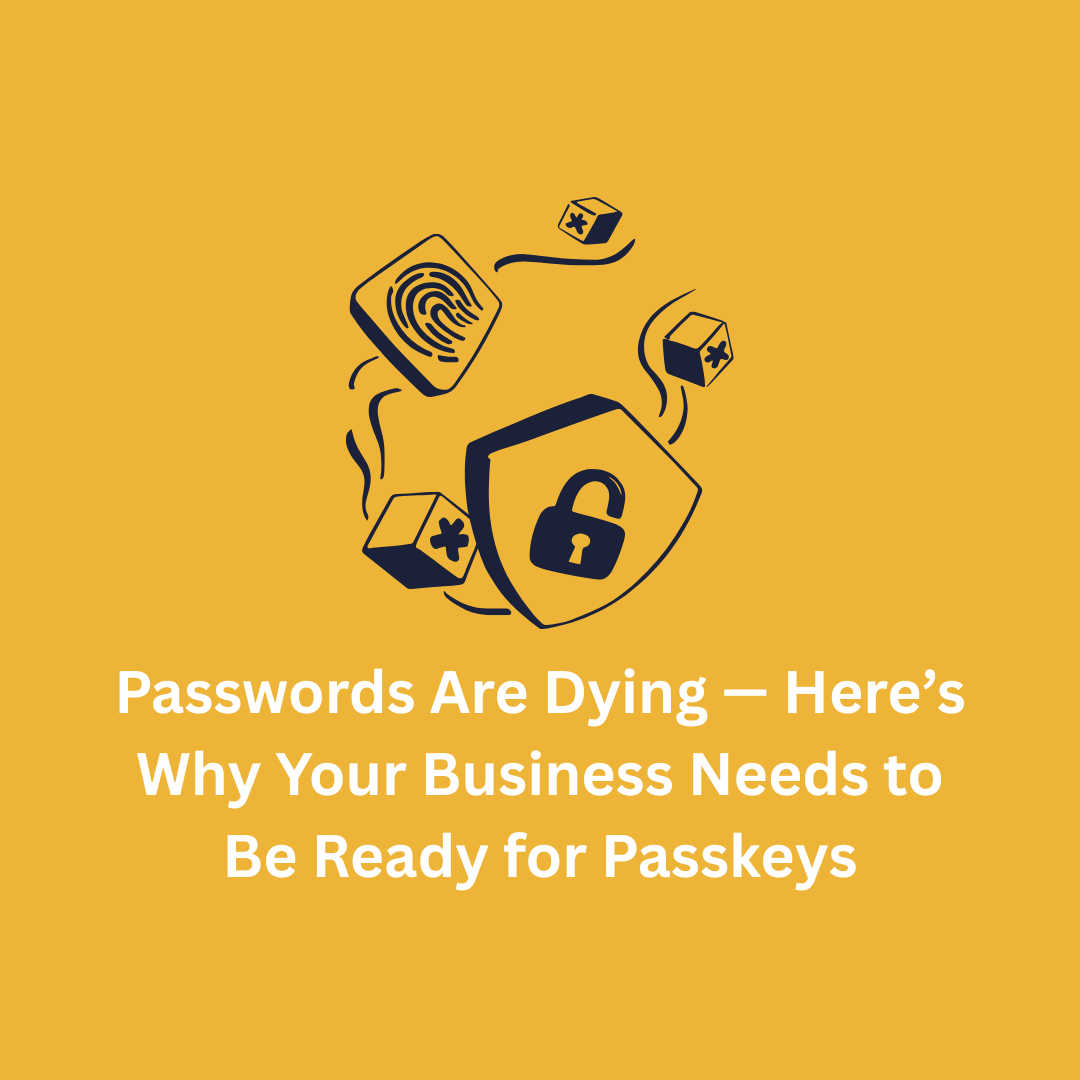
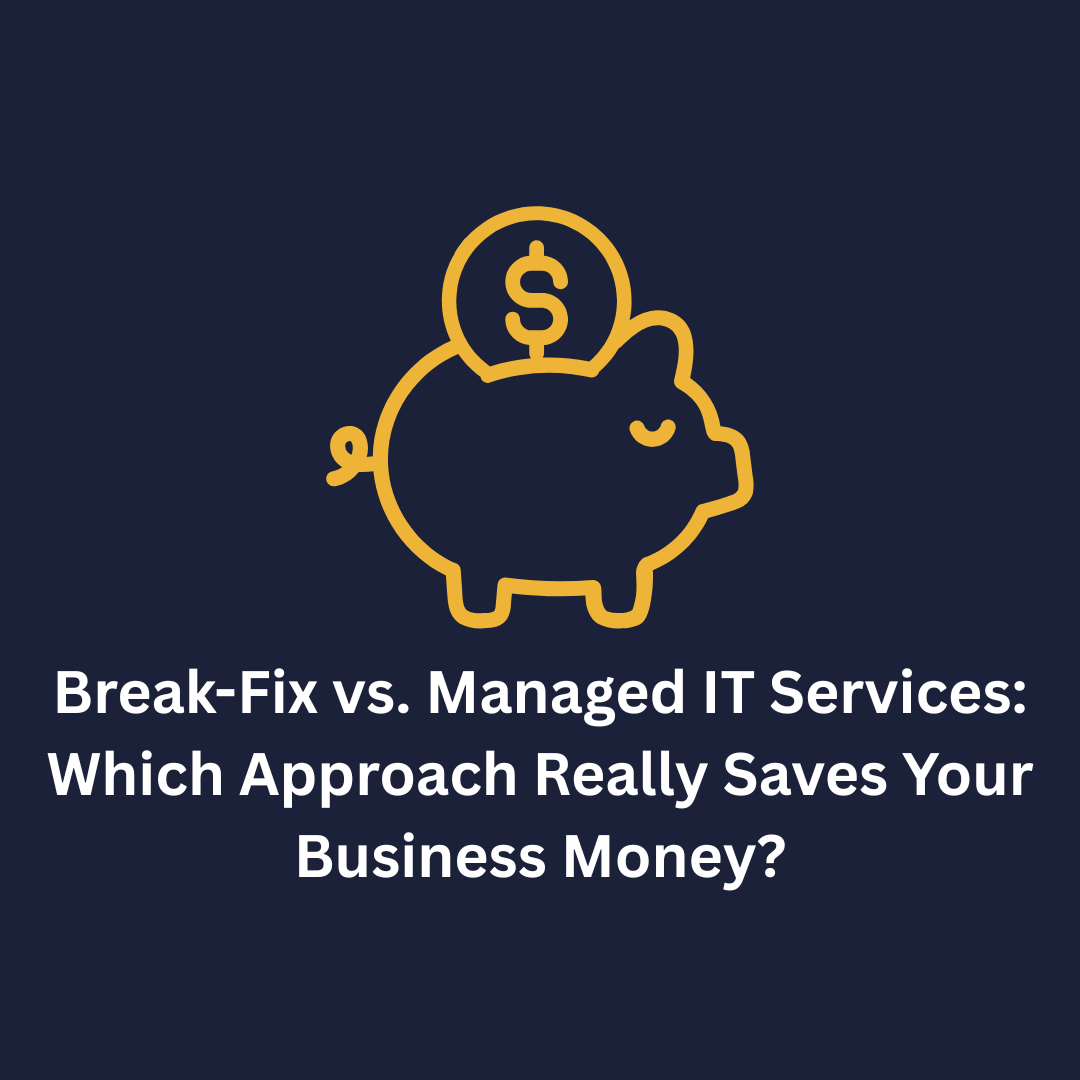
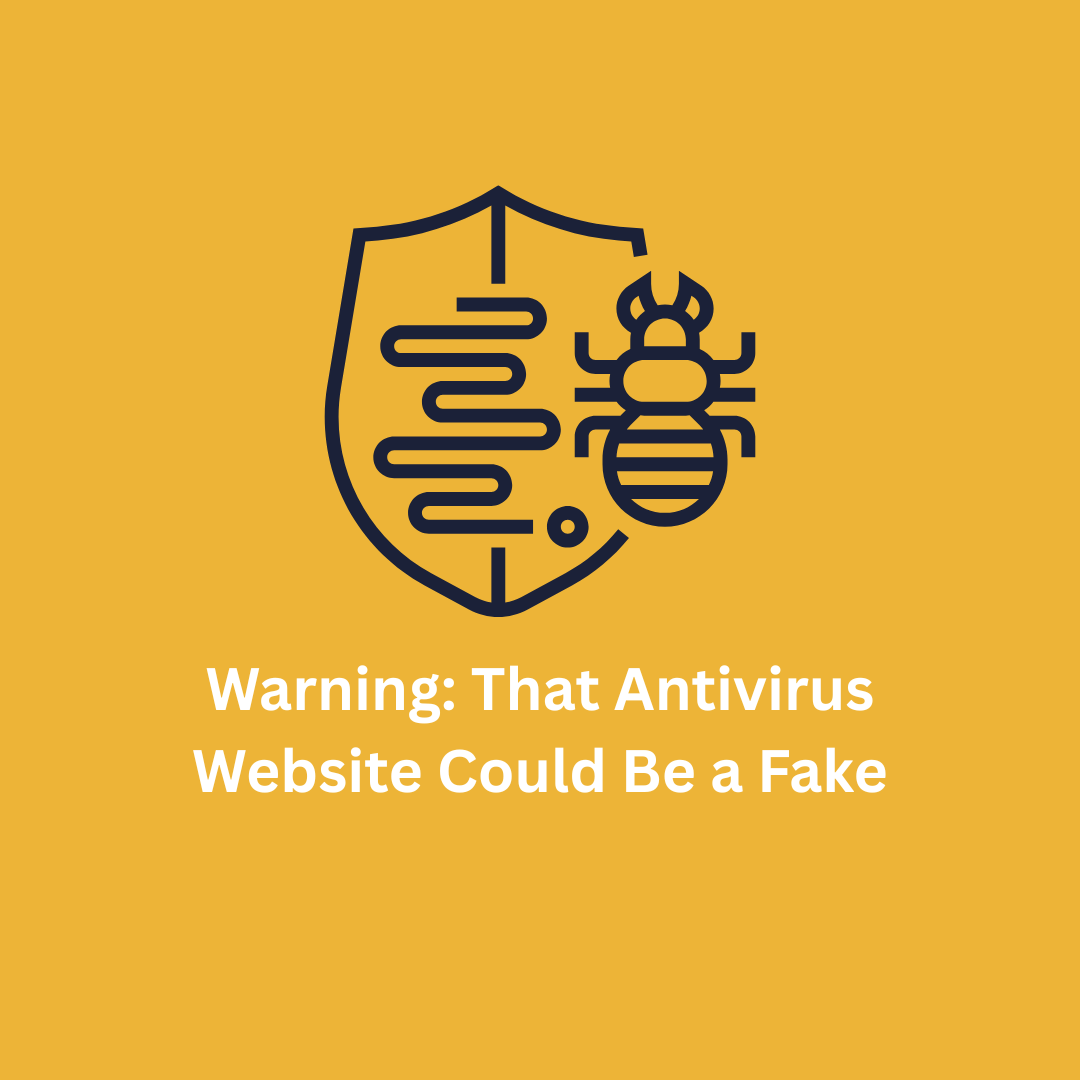

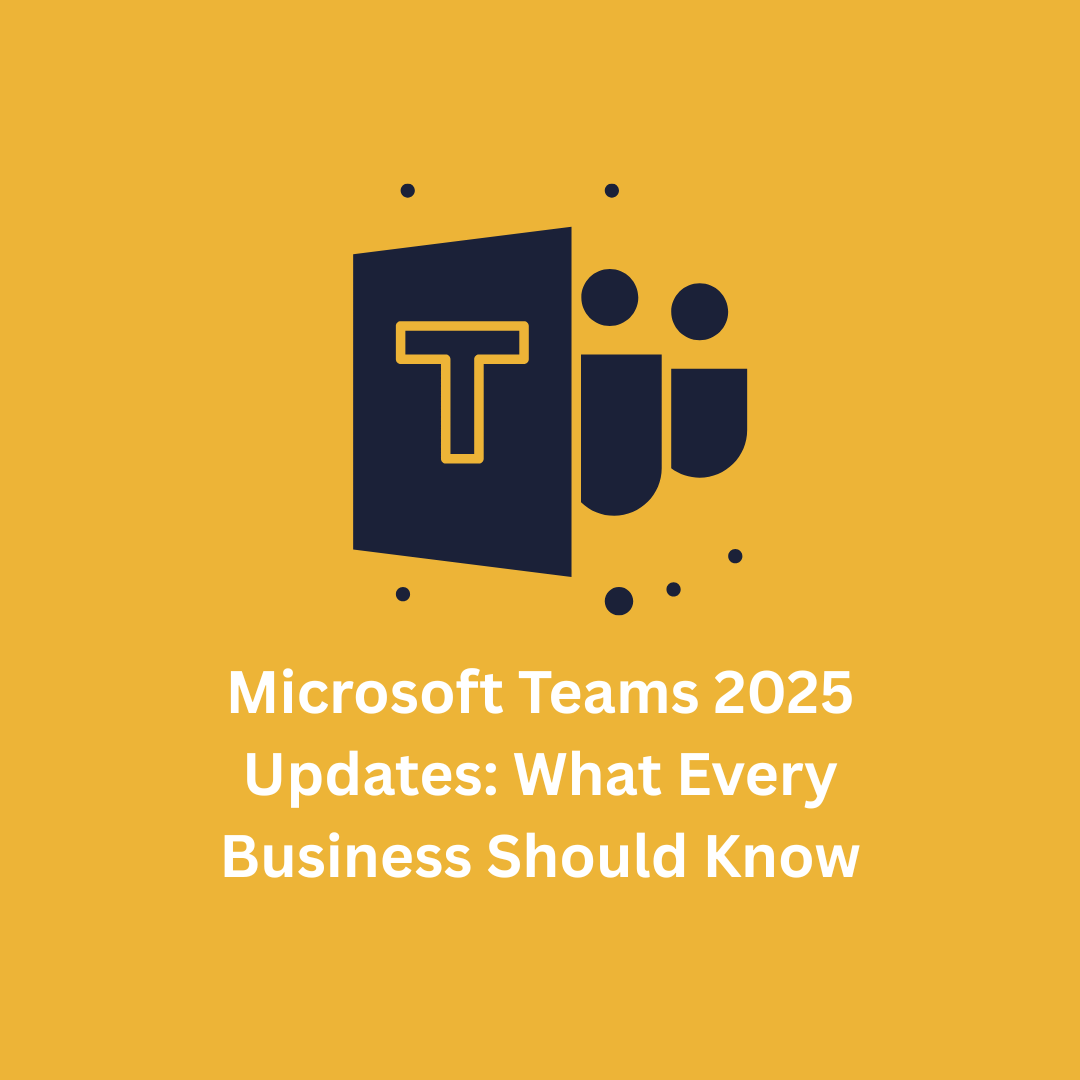
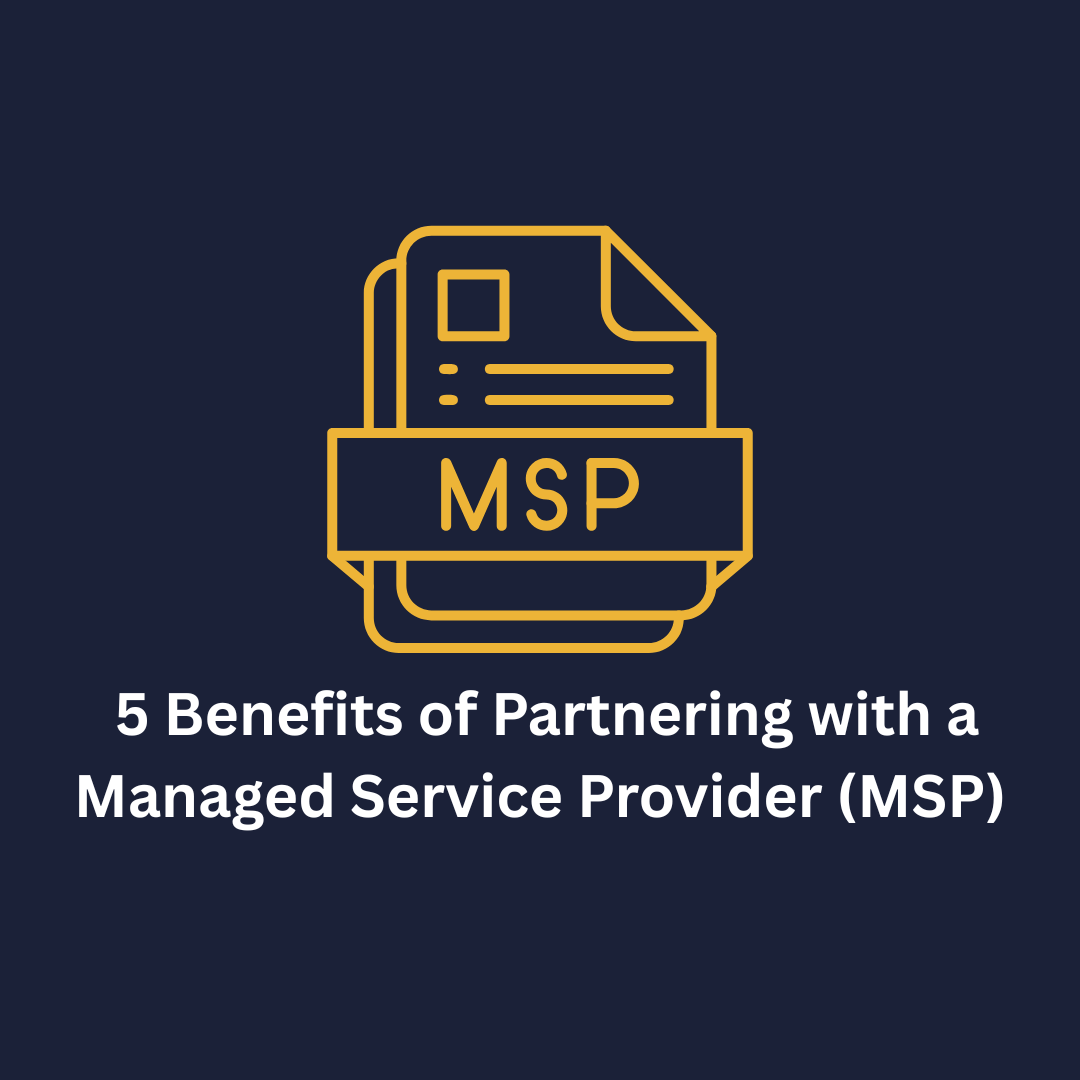
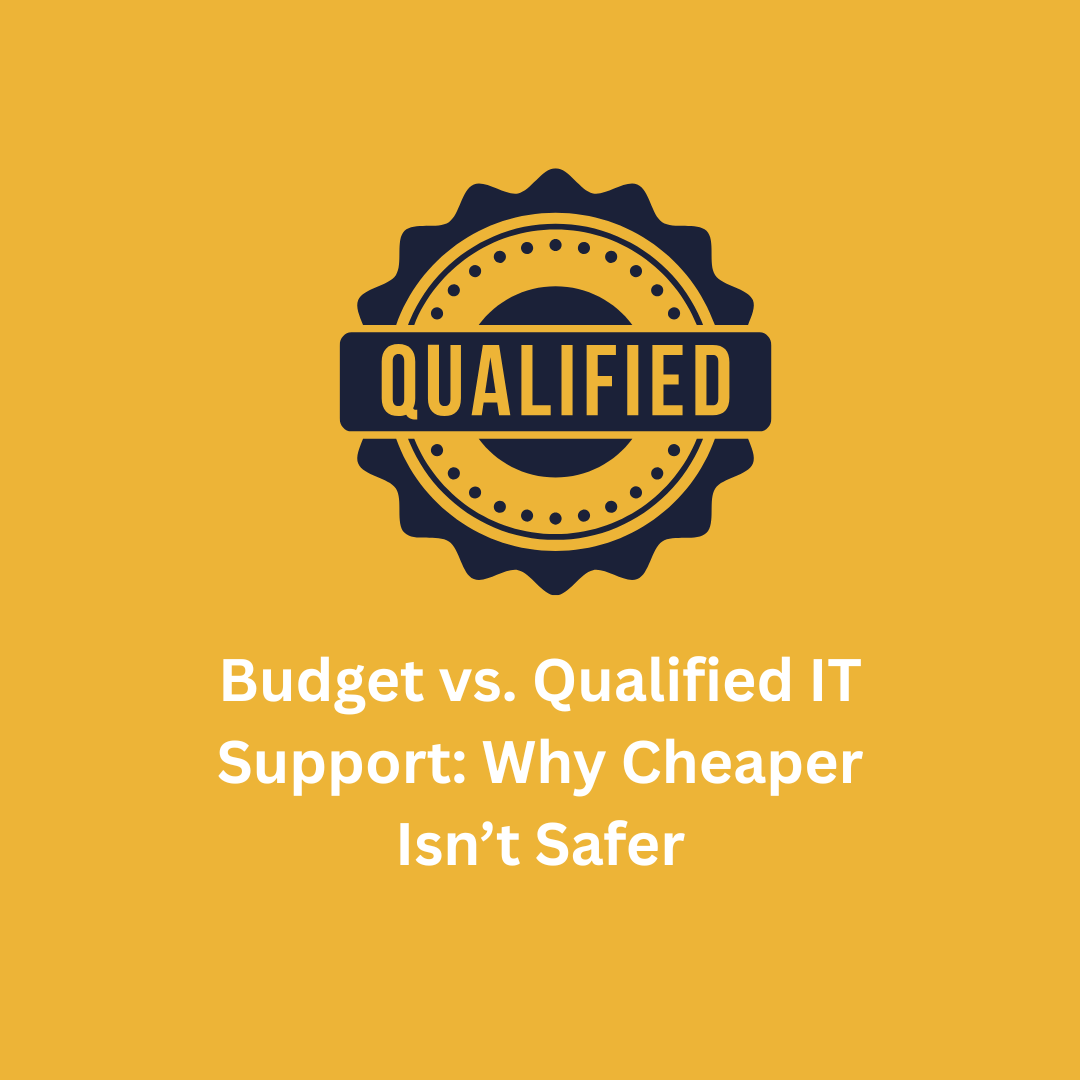
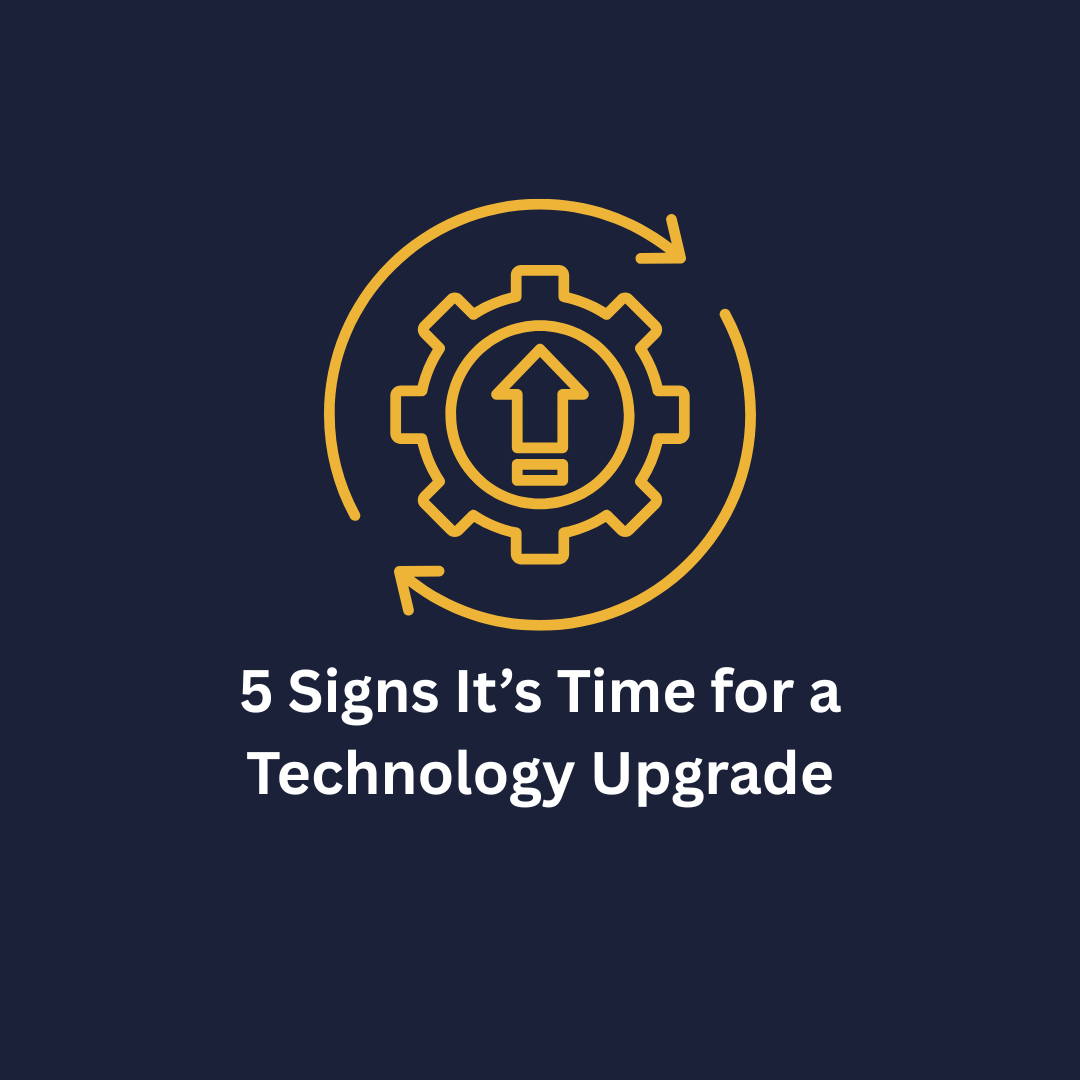

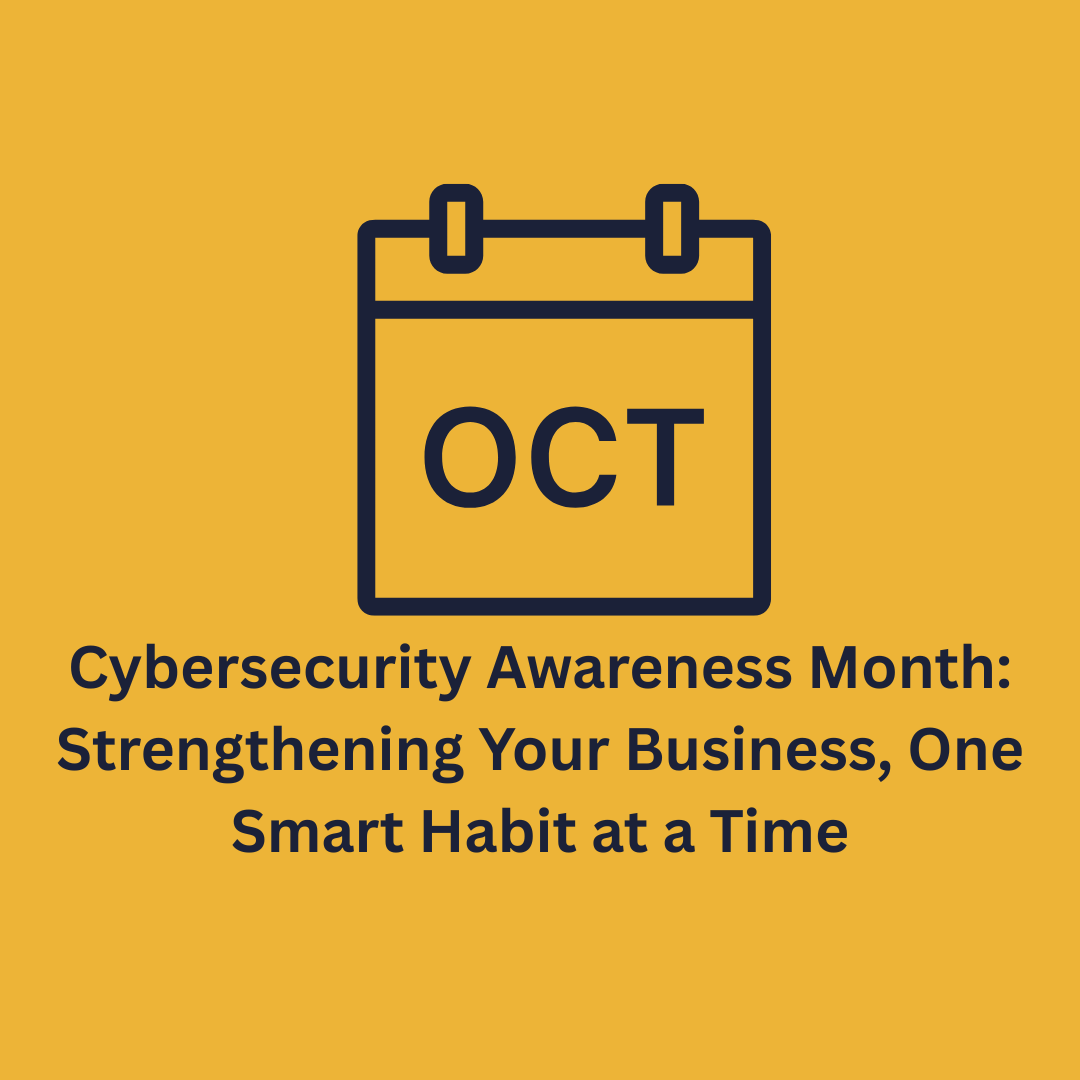
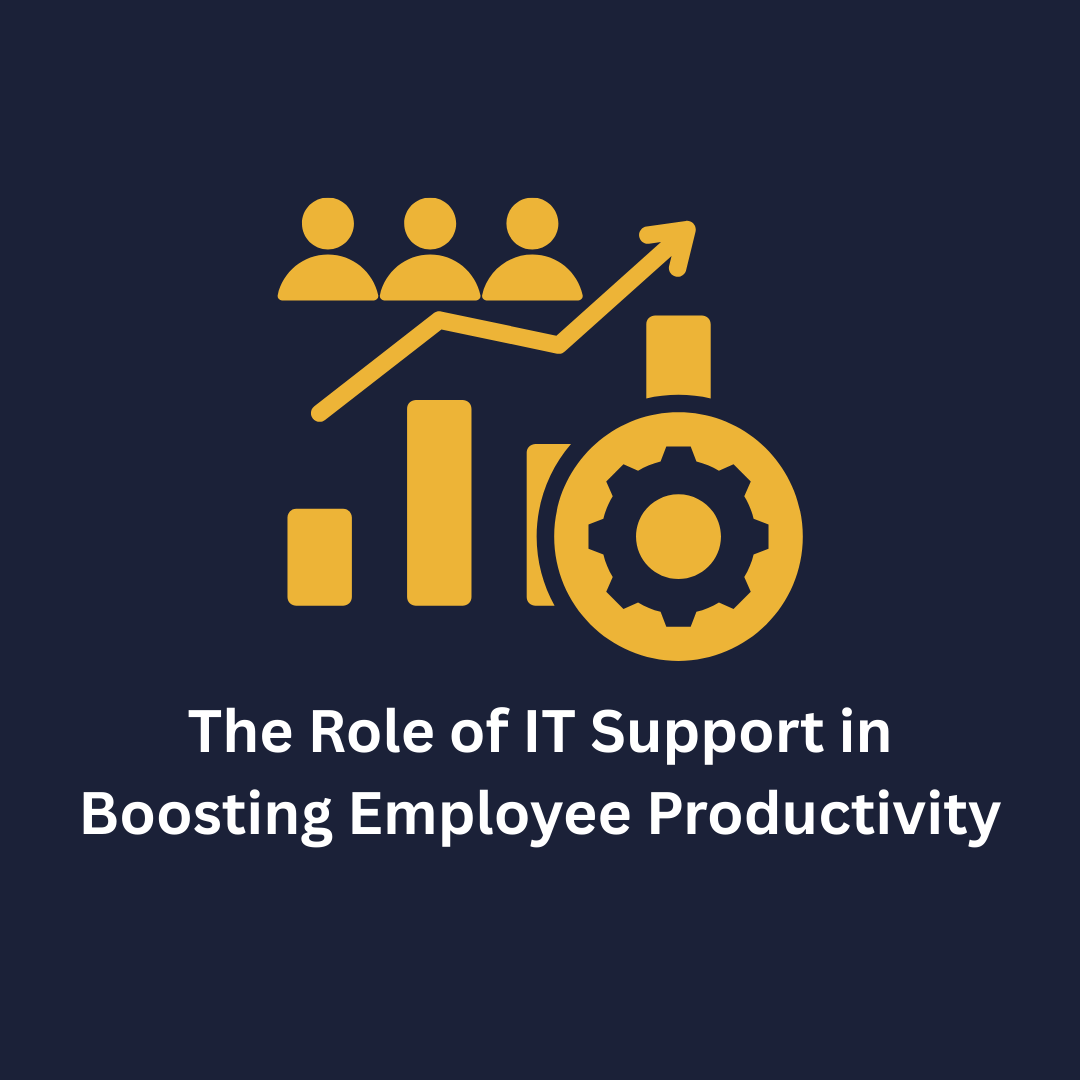
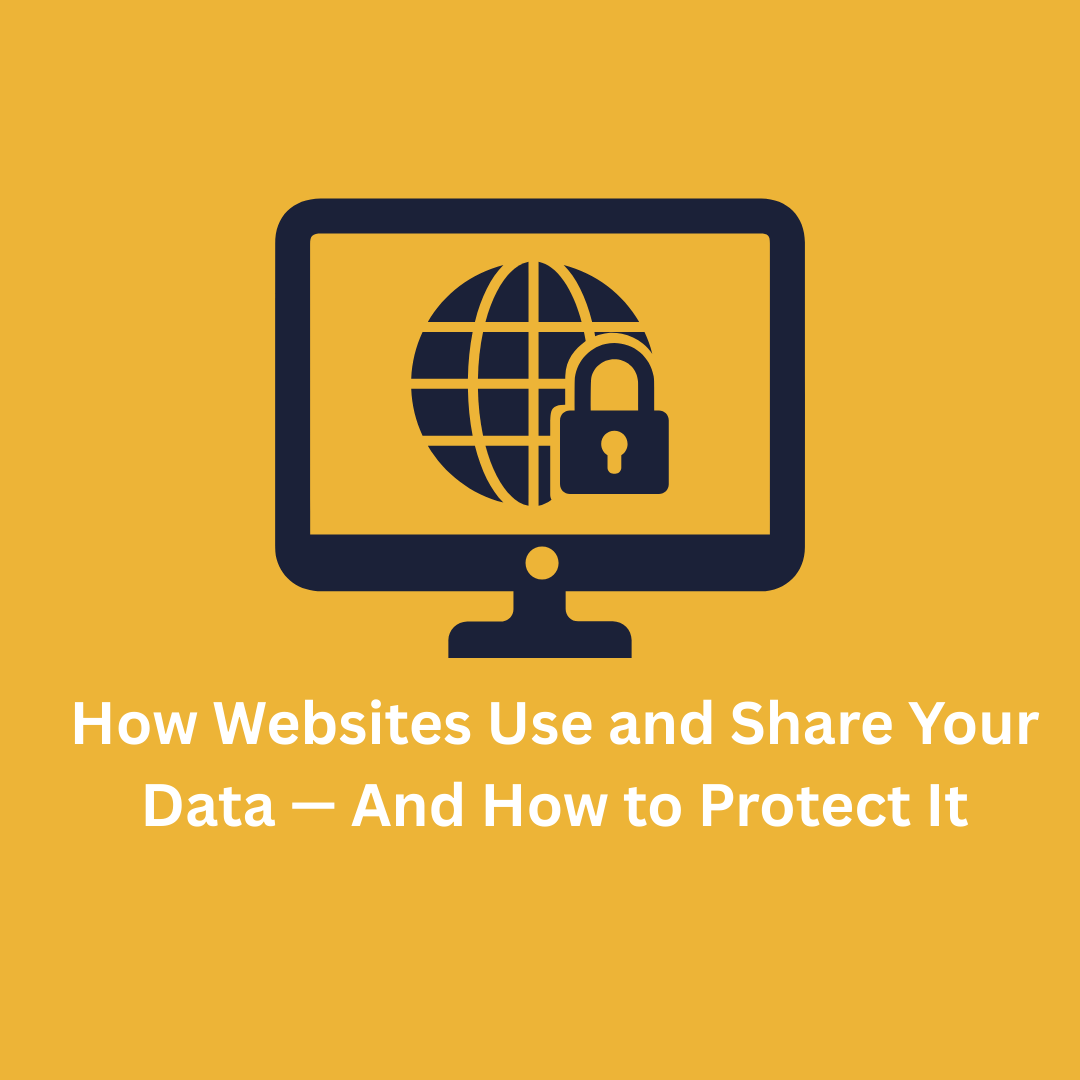

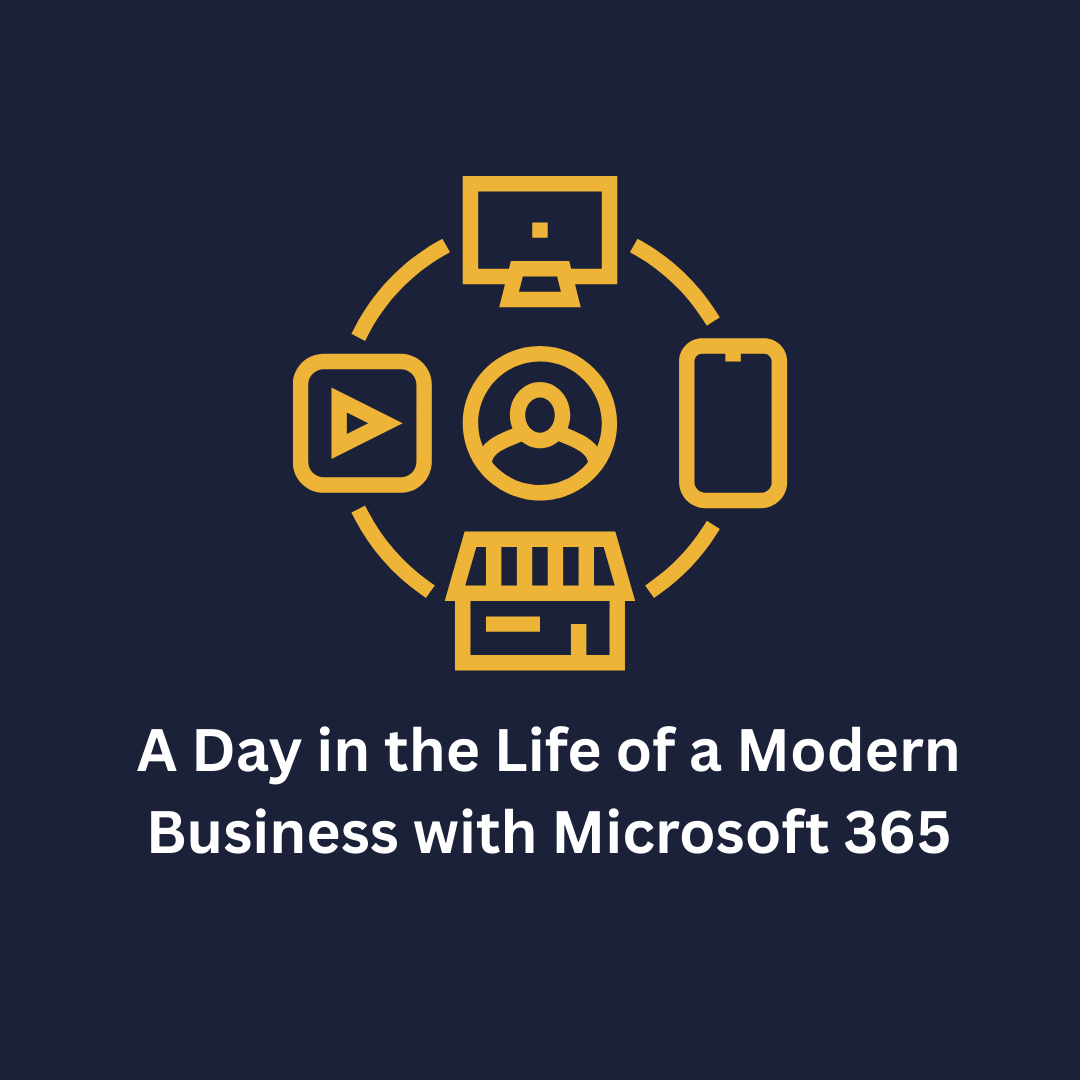
.png)

